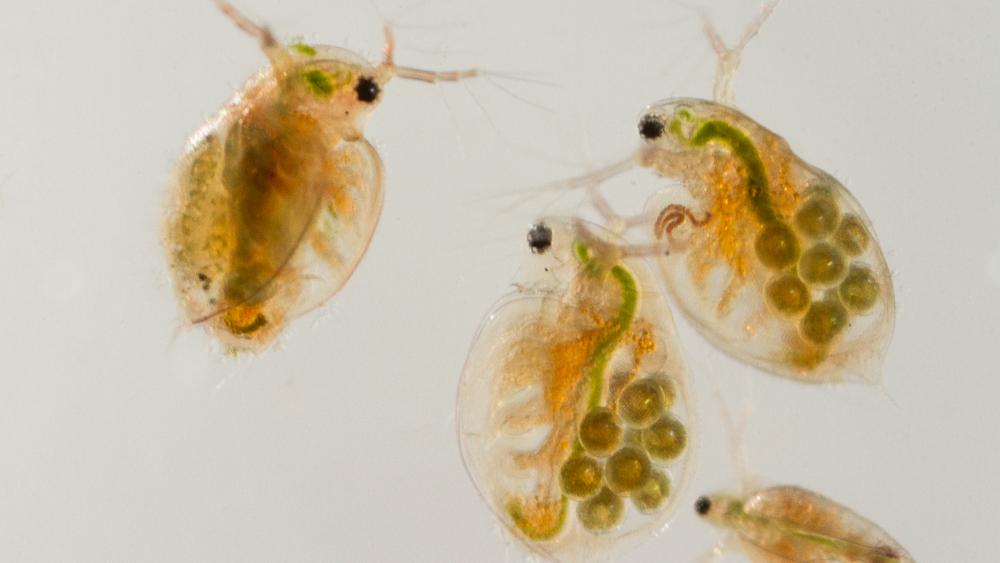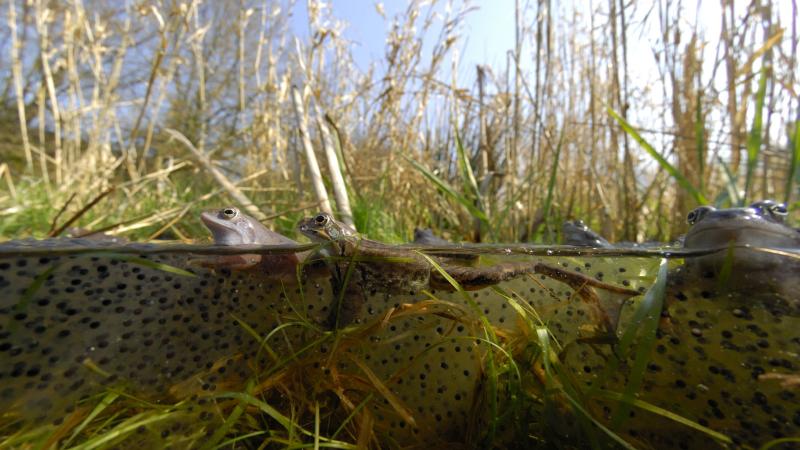
For the water flea Daphnia, it has been shown that urban populations can adapt to the higher temperatures linked to the urban heat island effect and to road salt. I Photo: shutterstock
Humans in cities alter the eco-evolutionary play by simultaneously changing both the actors and the stage on which the eco-evolutionary play takes place.
The researchers identified five key urban drivers of this change: habitat modification, changes in connectivity, changes in the pattern and scale of environmental heterogeneity, novel disturbances, and altered biotic interactions—and highlight the direct consequences of urbanization-driven eco-evolutionary change for nature’s contributions to people. They subsequently explored five emerging complexities—landscape complexity, urban discontinuities, socio-ecological heterogenity, cross-scale interactions, and legacies and time lags—that need to be tackled in future research. “Understanding and monitoring urbanization-induced evolutionary changes and their feedbacks to ecology is important to inform strategies to achieve sustainability”, emphasizes Luc De Meester.
Socio-ecological gradients are important in this context. For example, the presence and extent of green corridors are often dependent on the social status of urban areas, and this impacts both community and evolutionary dynamics in urbanized areas. “This also implies that the ecological and evolutionary trajectories are dependent on the history of cities. When and how cities developed is massively different in different regions of the world, which provides a hugely interesting setting to study urban socio-eco-evolutionary feedbacks”, says Luc De Meester.
Understanding urban evolutionary biology and eco-evolutionary dynamics will have important implications for optimizing socio-ecological policies such as those relating to biodiversity management and ecological restoration as well as human health. But their study is complex. “How interesting would it be to be able to document the dynamics of ecosystems and species as they develop in areas where cities are in full expansion, enabling us to assess the feedbacks between sociological, ecological and evolutionary dynamics in real time”, concludes Luc De Meester.
Read the articles in Evolutionary Applications (open access) and BioScience >





